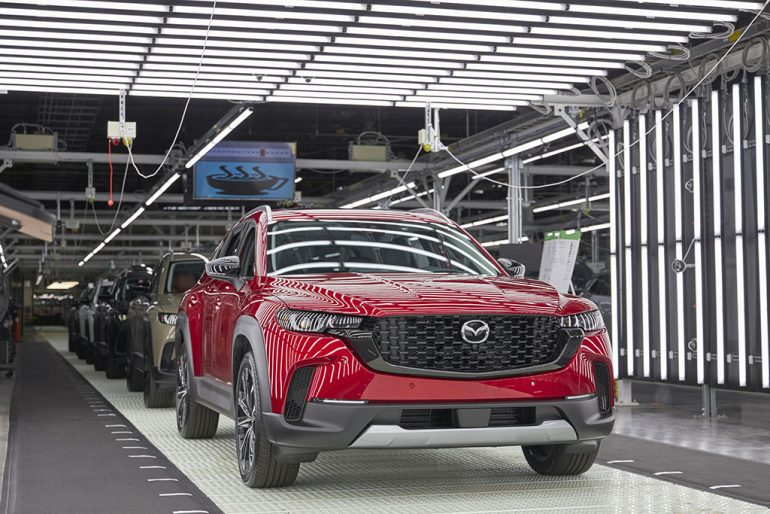The Tariff Landscape

Today brought a significant update from Washington, as President Donald Trump announced a 90-day pause on various tariffs. However, this does not extend to the 25% tariffs on imported automobiles and auto parts. These specific levies remain fully in force, continuing to stir the pot within the American auto sector.
Auto Sector Impact
With the auto industry still saddled by these tariffs, there is growing concern, especially in Detroit, where automakers and suppliers are working through what these price hikes mean for their operations. The pause on other tariffs worldwide is meant for trade deal negotiations but skips over the auto tariffs, causing many in the sector to feel the pinch. The continued levies keep automakers on edge about cost management and pricing strategies.
Price and Profit
The result of the ongoing tariff on autos is higher cost structures for those relying on international components, particularly from Asia and Europe. Automakers might face the tough choice of hiking prices for consumers or absorbing costs, which would hit profit margins. Furthermore, the impact stretches across the whole supply chain, affecting jobs and investment decisions in a state deeply connected to the industry like Michigan.
China and Trade Tensions
Adding a layer of complexity is the U.S.-China trade tension. Trump’s recent tariffs on China – ratcheted up to a massive 125% – are designed as a counter to China’s measures. This responds to the automotive supply chain’s dependency on materials from China, especially for electronic components and electric vehicle parts.
Michigan’s Predicament
Governor Gretchen Whitmer has voiced concerns, calling untargeted tariffs potentially damaging. She emphasizes the adverse effects they can have on prices and investor sentiment. Though there’s a chance that these tariffs might spark job growth if strategically employed, the current blanket approach leaves industry’s future up in the air.
Stepping Forward
While many industries can exhale with the current reprieve from other tariffs, the automotive industry stays cautious. Detroit and those invested in America’s car markets must keep adaptive. Without clarity on auto-specific tariffs within trade agreements like USMCA, the future remains uncertain.
In a world of shifting trade deals, the automotive sphere will need clear strategies to navigate this landscape. Until further developments unfold, automakers and suppliers must hold tight. As these trade conversations evolve, staying updated is crucial. The discussions in the next few months could exert a significant influence on the path ahead. So, buckle up.
Subaru Show Scare
Toyota's EV Expansion
Tariff Turmoil Hits Ports
Mazda CX-6e Unveiled
Mustang's Unyielding Spirit